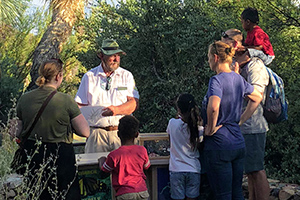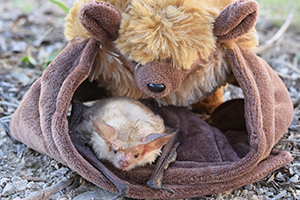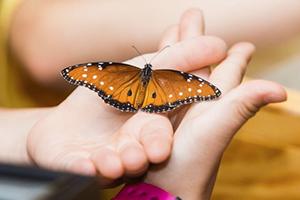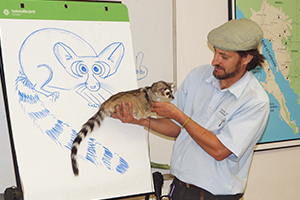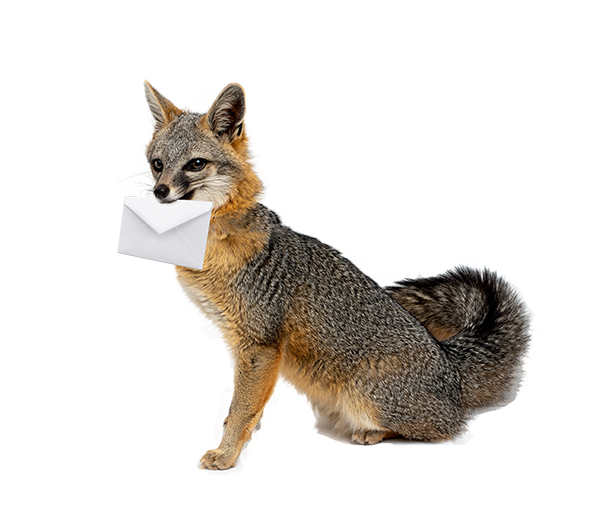Interesting Facts about Vultures
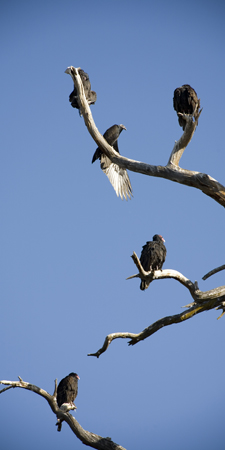
Vultures are relatively silent as they lack a syrinx so they can only hiss, growl, and snarl.
They are predominantly scavengers but will occasionally kill small animals that are sick or dying. However, they will not eat a carcass that is more than a few days old as it become putrid.
Bald heads help radiate excess heat away from their bodies and keep rotting flesh from soiling feathers.
Vultures do not suffer from food poisoning because they have very acidic stomach acids with a pH of almost zero; these acids actually stop the spread of disease.
Their primary flying style is soaring which allows them to travel great distances expending very little energy.
A group of vultures is called a committee, venue or volt. In flight, a group of vultures is a kettle and when feeding at a carcass, the group is referred to as a wake.
To keep cool, vultures urinate on their legs and feet; this also kills bacteria or parasites and helps to keep the birds healthy.
Both Turkey Vulture and Black Vulture populations are increasing; increased road traffic results in more available road kill!
When threatened, Turkey Vultures defend themselves by vomiting very potent stomach acids. This not only acts as a deterrent with predators but also “lightens the load” so they can escape easily into flight.
Vultures are more closely related to storks than to any other bird of prey.


